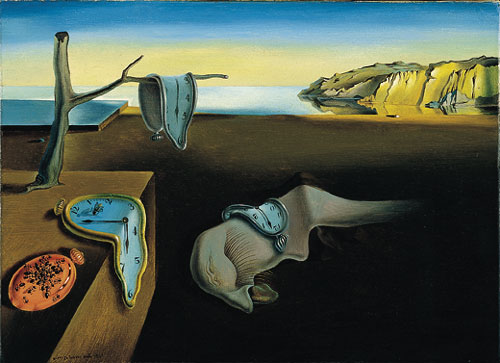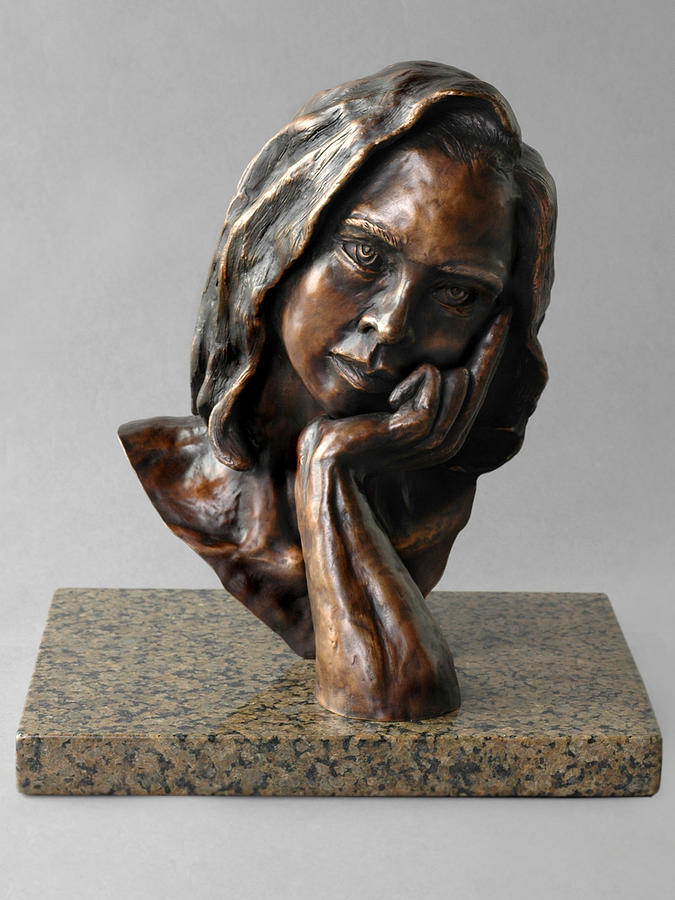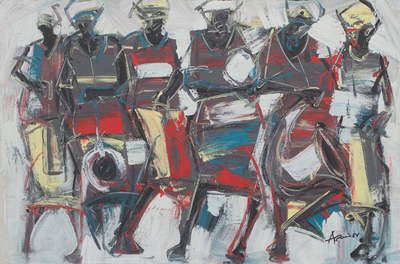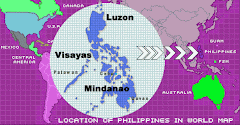Dear Folks, I grieve for the people around the globe who had expected a more liberal candidate to win in the last US Presidential Elections. It is not right to be living in a world where you could be sitting beside a racist, narrow-minded leader.
But here is the flaw in the electoral process of the United States: They rely so much on the Electors to vote for the presidency yet -- look at this:
The ELECTORS are expected to vote for the presidential and vice presidential
candidates of the party that nominated them. Notwithstanding this expectation,
individual electors have sometimes not honored their commitment, voting for a
different candidate or candidates than the ones to whom they were pledged; they are
known as “faithless” or “unfaithful” electors.
In other words, it is not the will of the people which will prevail but that of the electors. Question: how many faithful and faithless Electors were there in the 2016 Electionrs?
God Bless America for whatever reasons she would no
longer be the leader, supporter, and enhancer of '
Democracy in the world under his term.
A Summary of how the ELECTORAL COLLEGE works:
It
is the elector-candidates, rather than the presidential and vice
presidential nominees, for whom the people vote in the November
election, which is held on Tuesday after the first Monday in
November. In most states, voters cast a single vote for the slate of
electors pledged to the party presidential and vice presidential
candidates of their choice. The slate winning the most popular votes
is elected; this is known as the winner-take-all, or general ticket,
system.
They
are pledged and expected, but not required, to vote for the
candidates they represent. A majority of electoral votes (currently
270 of 538) is required to win.
Constitutional
Origins It sought to reconcile differing state and federal
interests, provide a degree of popular participation in the election,
give the less populous states some additional leverage in the process
by providing “senatorial” electors, preserve the presidency as
independent of Congress, and generally insulate the election process
from political manipulation.
The
Constitution gave each state a number of electors equal to the
combined total of its membership in the Senate (two to each state,
the “senatorial” electors) and its delegation in the House of
Representatives (currently ranging from one to 52 Members).
Qualifications
for the office are broad: the only persons prohibited from serving as
electors are Senators, Representatives, and persons “holding an
Office of Trust or Profit under the United States.”
A
majority of electoral votes is necessary to elect, a requirement
intended to insure broad acceptance of a winning candidate, while
election by the House was provided as a default method in the event
of electoral college deadlock. The 12th Amendment replaced this
system with separate ballots for President and Vice President, with
electors casting a single vote for each office.
Allocation
of Electors and Electoral Votes
A
state may gain or lose electors following reapportionment, but it
always retains its two “senatorial” electors, and at least one more
reflecting its House delegation.Popular Election of Electors
Today,
all presidential electors are chosen by the voters.
Although
candidates for elector may be well known persons, such as governors,
state legislators, or other state and local officials, they generally
do not receive public recognition as electors. In fact, in most
states, the names of individual electors do not appear anywhere on
the ballot; instead only those of the various candidates for
President and Vice President appear, usually prefaced by the words
“electors for.” Moreover, electoral votes are commonly referred to
as having “been awarded” to the winning candidate, as if no human
beings were involved in the process.
The
ELECTORS are expected to vote for the presidential and vice
presidential candidates of the party that nominated them.
Notwithstanding this expectation, individual electors have sometimes
not honored their commitment, voting for a different candidate or
candidates than the ones to whom they were pledged; they are known as
“faithless” or “unfaithful” electors.
Faithless
electors have, however, been few in number (in the 20 century, one
each in 1948, 1956, 1960, 1968, 1972, 1976, 1988, and 2000), and have
never influenced the outcome of a presidential election.
Nominating
Elector-Candidates: Diverse State Procedures
34
states require that candidates for the office of presidential elector
be nominated by state party conventions, while a further ten mandate
nomination by the state party’s central committee. The remaining
states use a variety of methods, including nomination by the governor
(on recommendation of party committees), by primary election, and by
the party’s presidential nominee.
The
Electors Convene
The
12th Amendment requires electors to meet “in their respective states
…” This provision was intended to deter manipulation of the
election by having the state electoral colleges meet simultaneously,
but keeping them separate. Congress sets the date on which the
electors meet, currently the first Monday after the second Wednesday
in December. The electors almost always meet in the state capital,
usually in the capitol building or state house itself. They vote “by
ballot” separately for President and Vice President (at least one of
the candidates must be from another state). The results are then
endorsed, and copies are sent to the Vice President (in his capacity
as President of the Senate); the secretary of state of their state;
the Archivist of the United States; and the judge of the federal
district court of the district in which the electors met. Having
performed their constitutional duty, the electors adjourn, and the
electoral college ceases to exist until the next presidential
election.
Congress
Counts and Certifies the Vote
The
final step in the presidential election process (aside from the
presidential inaugural on January 20) is the counting and
certification of the electoral votes by Congress.
The
candidates receiving a majority of electoral votes (currently 270 of
538) are declared the winners by the Vice President, an action that
constitutes “a sufficient declaration of the persons, if any,
elected President and Vice President of the States.”











 Three Musicians by Picasso
Three Musicians by Picasso




